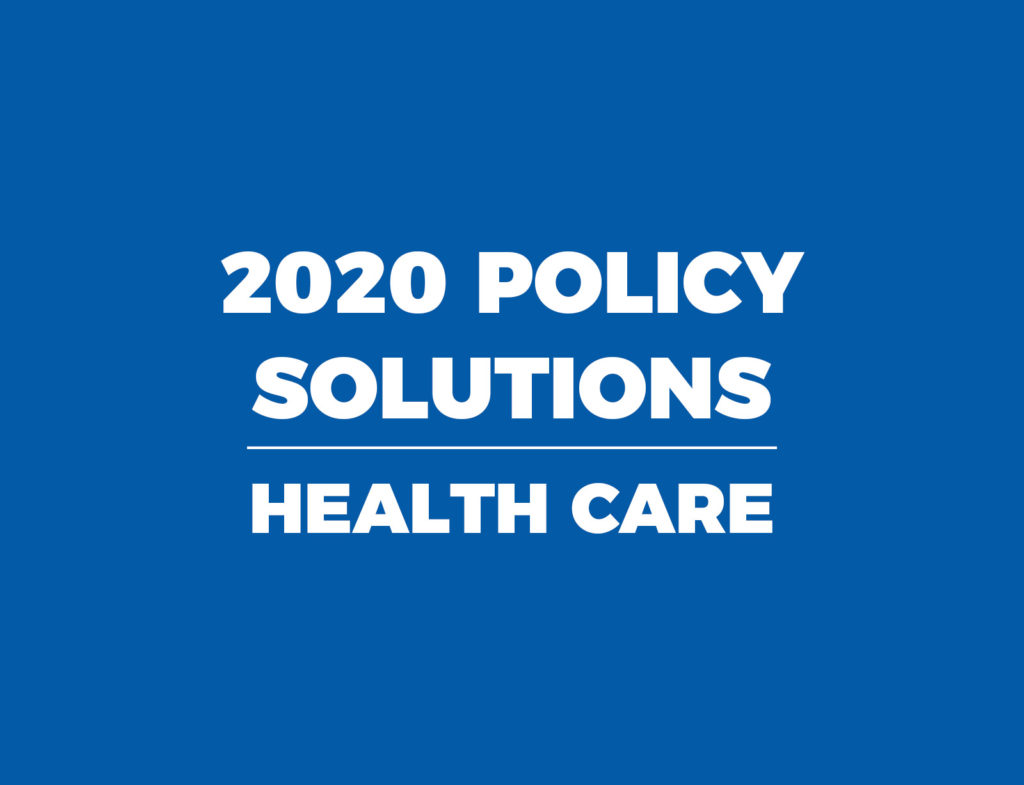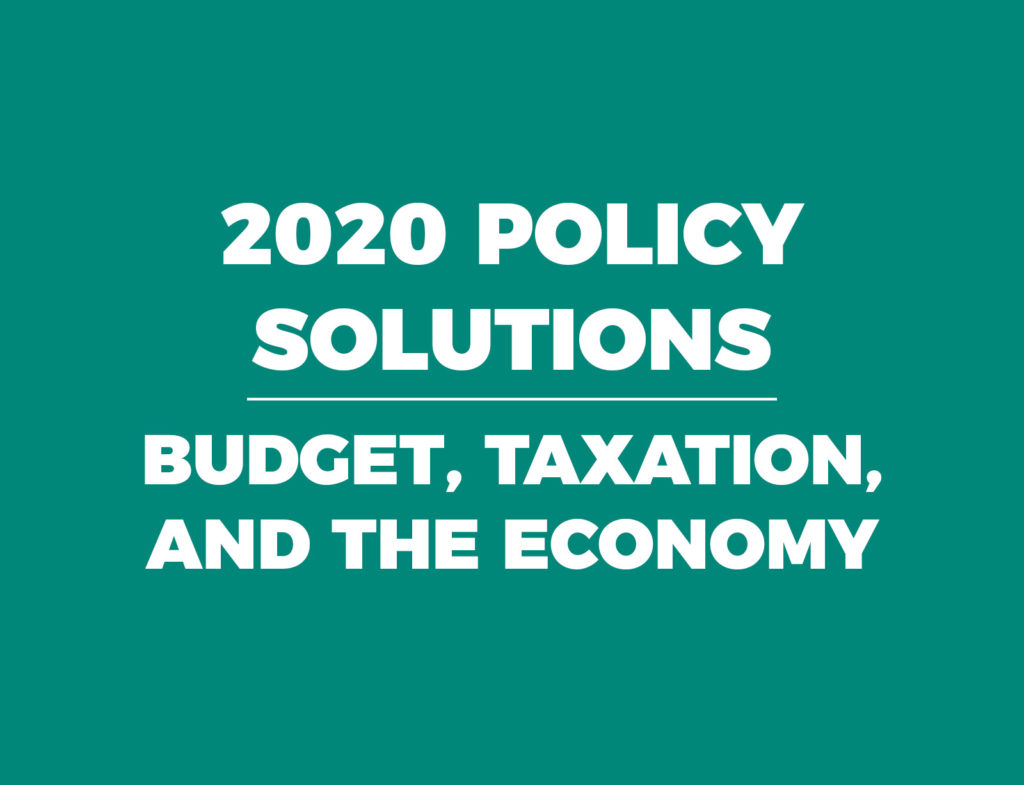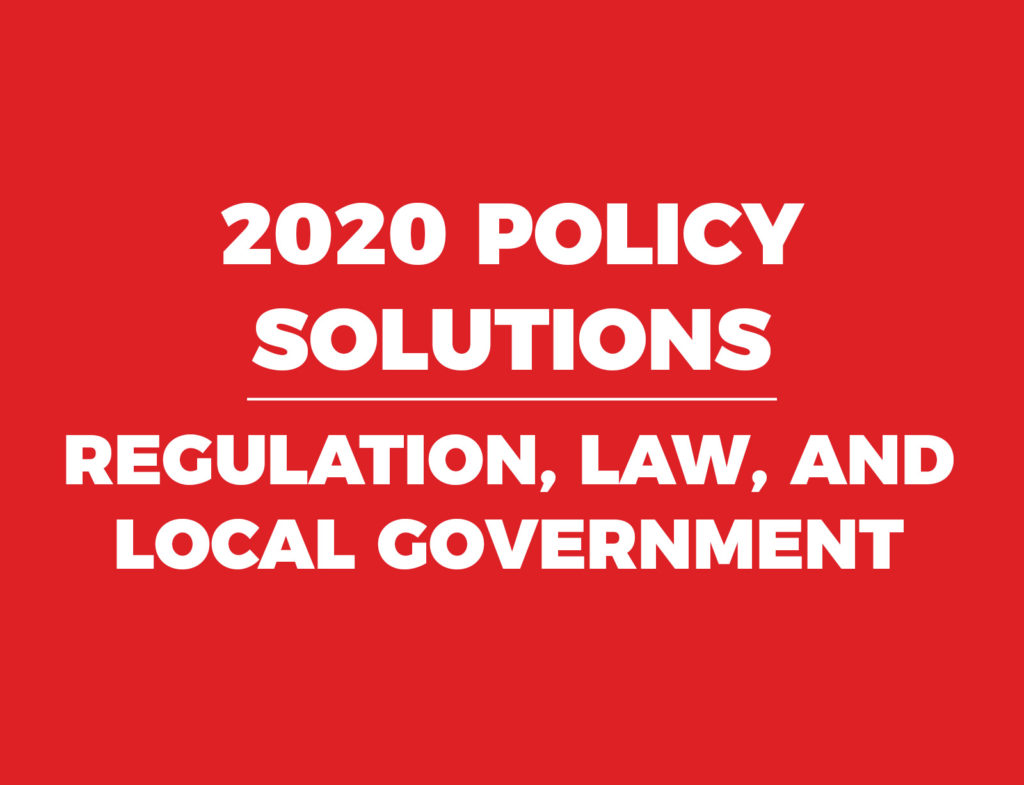Introduction
North Carolina has 80,000 miles of state highways, more than any other state besides Texas. Unlike Texas, where state roads are one-fourth of the total 313,000 miles of roads in the state, North Carolina owns three-fourths of its 106,000 miles of roads.
In fact, North Carolina is one of only five states where state government owns more than half of the road miles in the state. As a result, to build and maintain roads, our road network depends far more on user fees through the federal and state gas taxes, license fees, and vehicle sales tax than it does on local property taxes.
In addition, North Carolina has tried alternative funding mechanisms to supplement declining revenues from the motor fuels tax and other sources. The North Carolina Turnpike Authority manages tolls on the Triangle Expressway (new stretches of NC-147 and NC-540) in Durham and Wake counties. I-77 Mobility Partners won a 50-year contract to partner with the Department of Transportation (NCDOT) on I-77 express lanes in Charlotte. North Carolina uses Grant Anticipation Revenue Vehicle (GARVEE) financing to spend future federal funds today. In 2018, the legislature approved up to $3 billion in new Build NC borrowing over 10 years to fund additional road construction.
According to a 2013 study by transportation experts at the Hartgen Group and the Reason Foundation, better prioritization of projects could allow North Carolina to meet its highway needs without additional taxes. Efficient spending is critical because roads are only as valuable as the economic activity they make possible. Without productive activity, they are simply liabilities in need of maintenance.
The Strategic Transportation Investments formula replaced much of the political wrangling that had marked transportation planning in the past with a data-driven approach. While improvements are needed to calculate the total cost and congestion savings for each project, the formula will help North Carolina meet anticipated transportation needs. NCDOT has two initiatives to prepare for the future. Transportation needs are being planned with NC MOVES, and a final report is expected in mid-2020. NC FIRST will recommend methods to pay for the NC MOVES plan, with a report due in early 2021.
Key Facts
- State government dedicates 77.6 percent of its $5 billion annual transportation spending — which includes $1.2 billion in federal funds — to building and maintaining 80,000 miles of roads and more than 13,500 bridges. Municipalities add another $800 million for local roads and transportation needs. North Carolina has no county-owned roads.
- Because of improved fuel efficiency, raising revenue from the motor fuels tax to pay for roads will remain a challenge. Adjusted for inflation, the gas tax may be low compared to the rate before 1970, but the current 36.2 cents per gallon is just shy of the 37.8-cent average over the past 30 years.
- Although North Carolinians think more funding is needed, they do not necessarily support new taxes. A March 2016 poll from High Point University found that 63 percent of respondents opposed toll roads, 72 percent opposed increasing the gas tax, and 87 percent opposed taxing motorists per vehicle mile traveled.
Recommendations
- Improve the Strategic Transportation Investment Plan (STIP) formula to include total lifetime cost and anticipated congestion improvements. The STIP is a marked improvement over previous road-funding decisions that were heavily influenced by political considerations, but they still can be improved. Costs to the community also may be understated in the current formula.
- Prepare for future road funding shift away from the gas tax. The gas tax has been a convenient and effective user fee, but fuel economy improvements and growing share for electric vehicles make it a questionable source of future road funds. Prominent among future financing options are shifts from the gas tax to a charge based on vehicle miles and weight, a separate fee for hybrids/EVs, or a property tax to pay for more locally owned and maintained roads. Impact fees may be another option but have had a mixed record when implemented.
- Consider ways to capture the value created by roads for property and business owners. Few roads in North Carolina are the responsibility of municipalities, and none are the responsibility of counties. As a result, property tax, which could capture the value created by proximity to the transportation network, is not available to pay for most roads. Public-private partnerships could also open new ways to purchase and develop land near the right-of-way.




